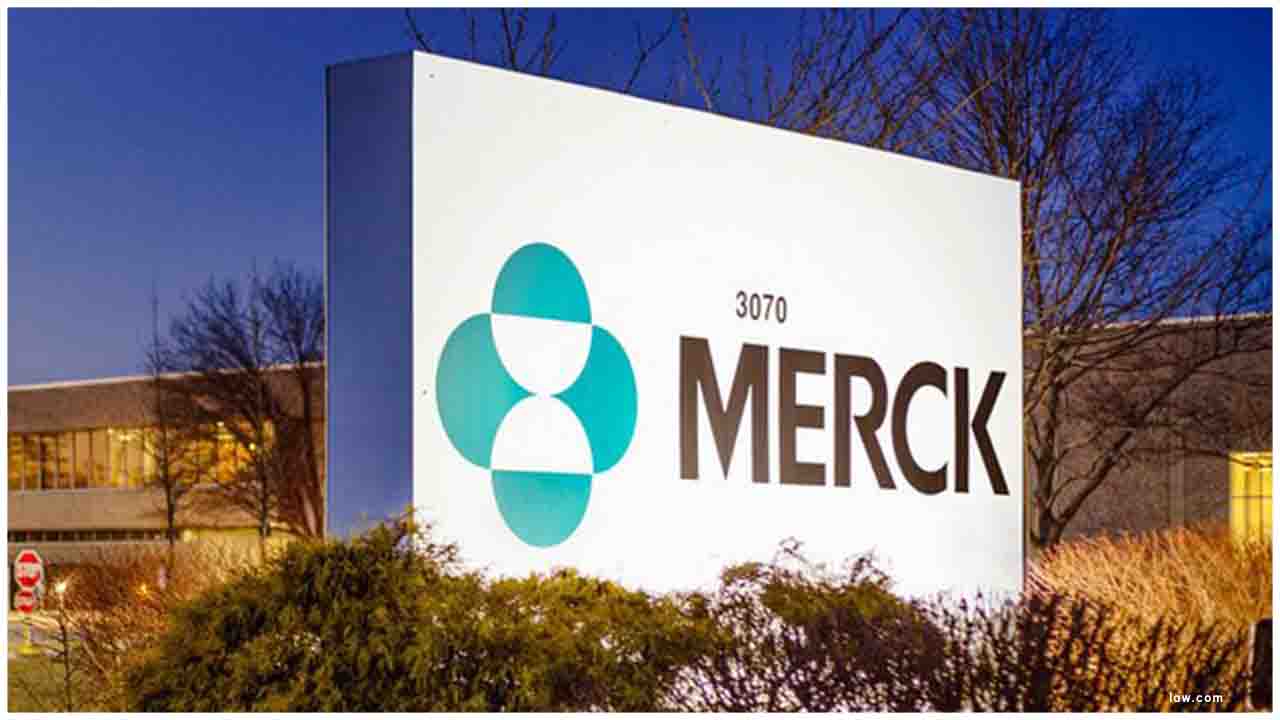Merck, known as MSD outside the United States and Canada, announced that KEYTRUDA, Merck’s anti-PD-1 therapy, has received two new approvals from the Japan Pharmaceuticals and Medical Devices Agency (PMDA). KEYTRUDA monotherapy is now approved for the treatment of patients whose tumors are PD-L1-positive, and have radically unresectable, advanced or recurrent esophageal squamous cell carcinoma (ESCC) who have progressed after chemotherapy. Additionally, KEYTRUDA was approved for use at an additional recommended dosage of 400 mg every six weeks (Q6W) administered as an intravenous infusion over 30 minutes across all adult indications, including KEYTRUDA monotherapy and combination therapy. This new dosage option will be available in addition to the current dose of 200 mg every three weeks (Q3W). With these approvals, KEYTRUDA has 13 indications across seven tumor types plus MSI-H tumors in Japan.
“We remain committed to improving outcomes for as many patients with cancer as possible, including those with esophageal squamous cell carcinoma, which is a leading cause of cancer-related death in Japan,” said Dr. Jonathan Cheng, vice president, oncology clinical research, Merck Research Laboratories. “With today’s approvals, specific patients with esophageal cancer can receive a much-needed new treatment option, and adult patients receiving KEYTRUDA will now have the option of a dosing schedule that reduces how often they are at the clinic for treatment.”
The approval for KEYTRUDA for the treatment of certain patients with ESCC is based on results from the global Phase 3 KEYNOTE-181 trial, in which an improvement in overall survival (OS) was observed for KEYTRUDA monotherapy compared with chemotherapy (paclitaxel, docetaxel or irinotecan) in patients with recurrent or metastatic ESCC whose tumors expressed PD-L1 (CPS ≥10) (HR=0.64 [95% CI, 0.46-0.90]). The median OS was 10.3 months (95% CI, 7.0-13.5) for KEYTRUDA compared with 6.7 months (95% CI, 4.8-8.6) for chemotherapy.
The approval of KEYTRUDA for a Q6W dosing regimen is based on pharmacokinetic modeling and exposure-response analyses. The pharmacokinetic modeling data was supported by an interim analysis of pharmacokinetic, efficacy and safety data from KEYNOTE-555 from a cohort of patients (Cohort B) treated with KEYTRUDA 400 mg Q6W.
“In Japan, more than 90% of esophageal cancers are squamous cell carcinomas. Patients with advanced disease face a poor prognosis and are in critical need of new treatment options,” said Jannie Oosthuizen, president, MSD Japan. “These approvals reinforce our commitment to innovative research that will continue to help more patients with cancer in Japan.”
About Esophageal Cancer in Japan
Esophageal cancer, a type of cancer that is particularly difficult to treat, begins in the inner layer (mucosa) of the esophagus and grows outward. There are two main types of esophageal cancer: squamous cell carcinoma and adenocarcinoma. In Japan, more than 90% of all esophageal cancers are squamous cell carcinomas. Globally, esophageal cancer is the seventh most commonly diagnosed cancer, and it is estimated there were more than 572,000 new esophageal cancer cases and nearly 509,000 deaths resulting from the disease in 2018.
About KEYTRUDA (pembrolizumab) Injection, 100 mg
KEYTRUDA is an anti-PD-1 therapy that works by increasing the ability of the body’s immune system to help detect and fight tumor cells. KEYTRUDA is a humanized monoclonal antibody that blocks the interaction between PD-1 and its ligands, PD-L1 and PD-L2, thereby activating T lymphocytes which may affect both tumor cells and healthy cells.
Merck has the industry’s largest immuno-oncology clinical research program. There are currently more than 1,200 trials studying KEYTRUDA across a wide variety of cancers and treatment settings. The KEYTRUDA clinical program seeks to understand the role of KEYTRUDA across cancers and the factors that may predict a patient’s likelihood of benefitting from treatment with KEYTRUDA, including exploring several different biomarkers.

 Keytruda would be soon launched in Japan for the treatment of cancerous tumors
Keytruda would be soon launched in Japan for the treatment of cancerous tumors










.jpeg)








.png)
.png)

.png)
.png)
.png)

.png)
.png)
.png)

.png)
.png)